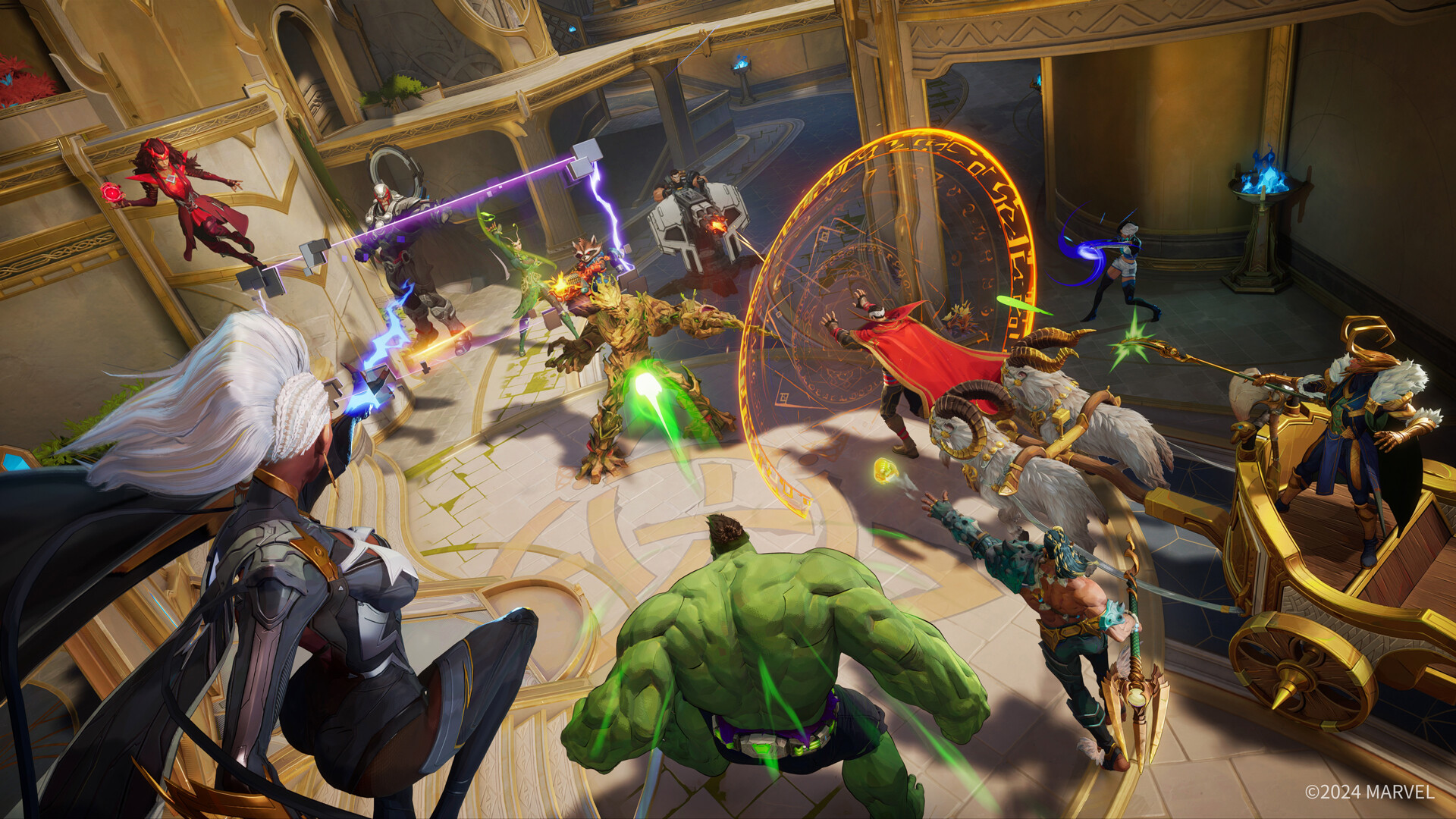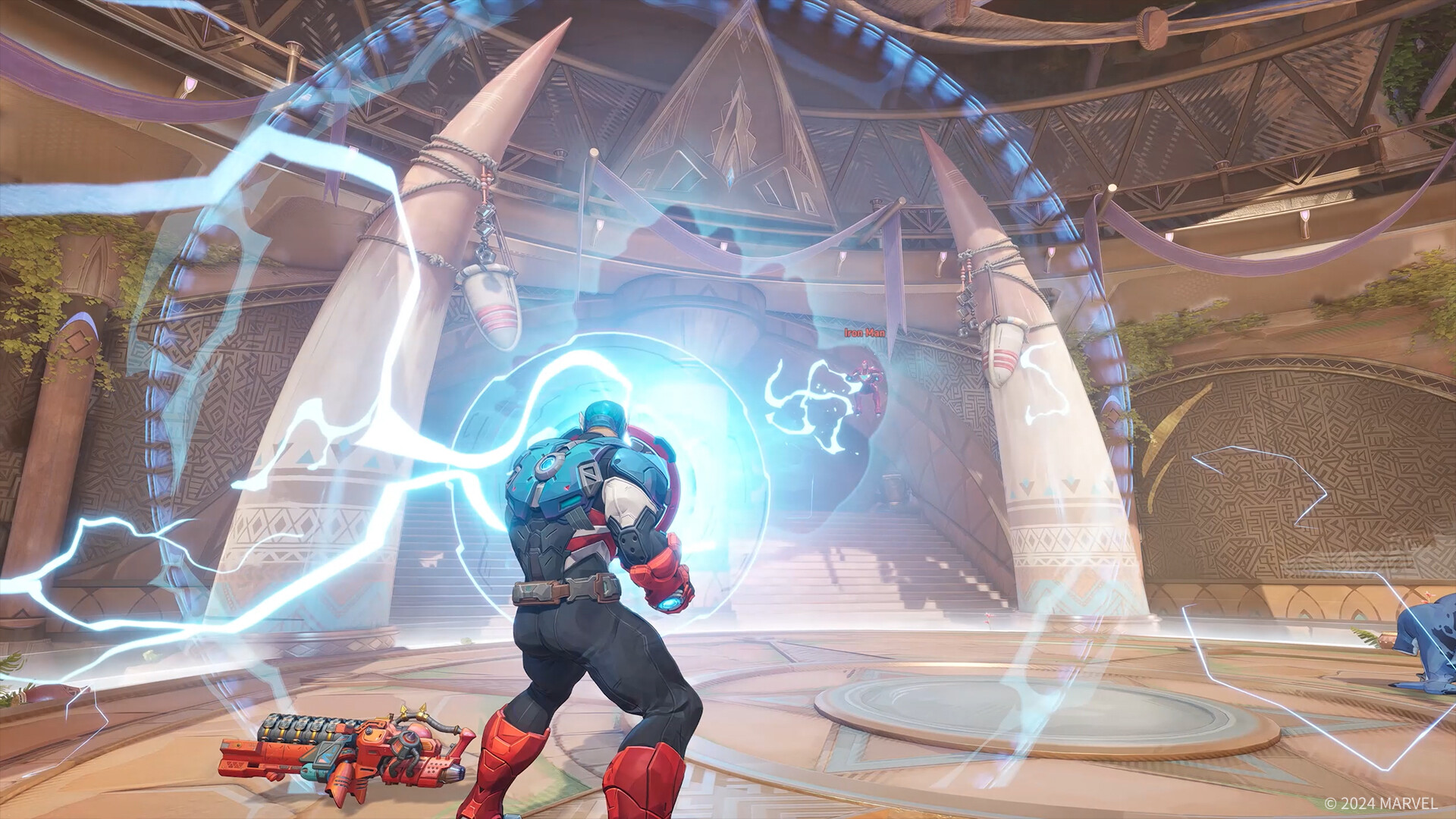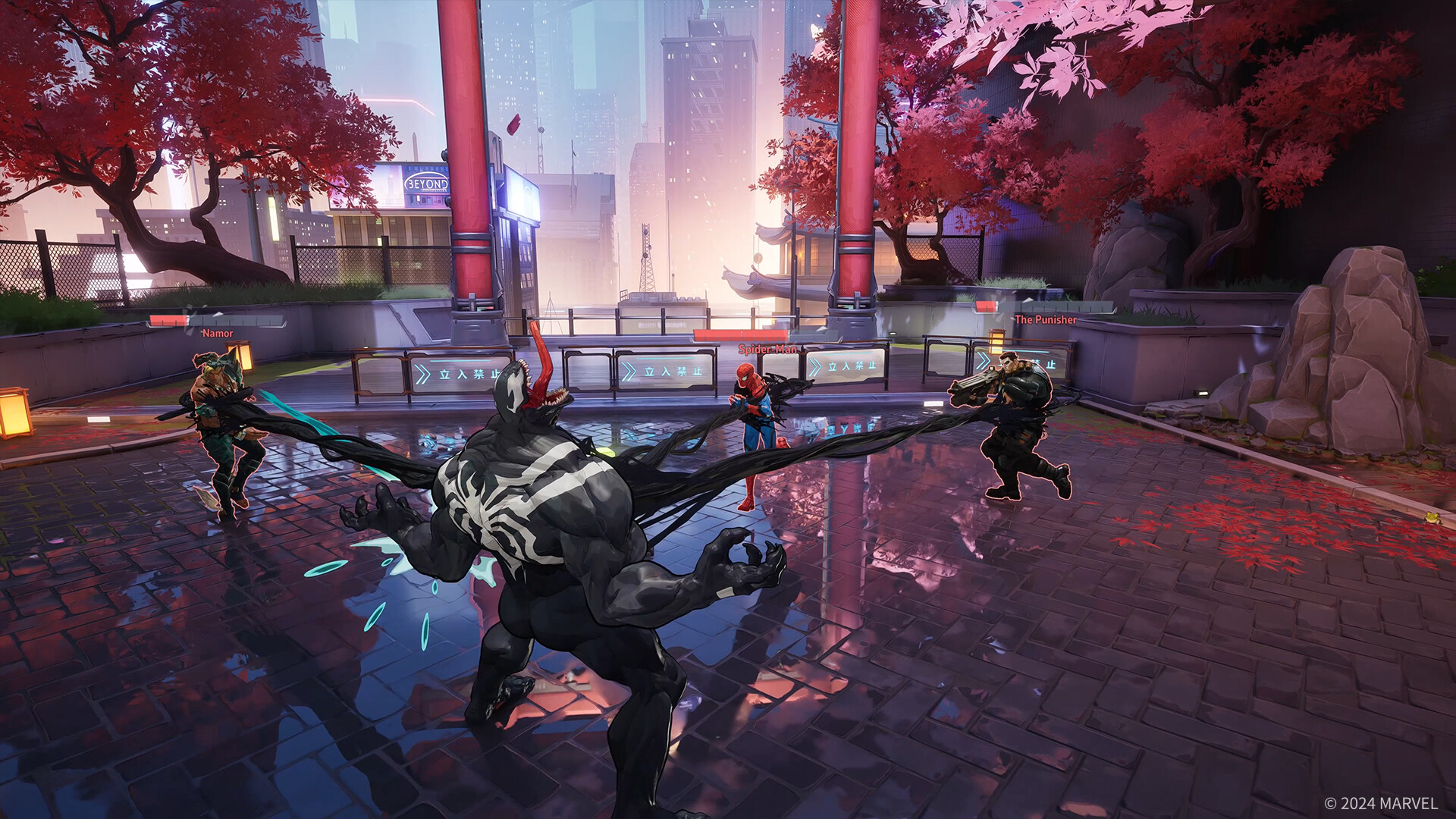"Unclear how the game will retain users beyond the core gameplay": experts from Owlcat Games and Nexters on the success of Marvel Rivals
On February 26, a deconstruction show called "What's Up with the Game?" aired on the WN Academy platform. In this show, industry experts dissect releases from various genres, focusing on mechanics, operations, and monetization. Here's a recap of the latest episode, which delved into the phenomenon of Marvel Rivals.
The projects featured on "What's Up with the Game?" are deconstructed live by the regular hosts: Editor-in-Chief of App2Top.ru, Alexander Semenov, and Owlcat Games producer, Maxim Fomichev. Every episode includes a special guest; this time, it was project manager Boris Tonkonogov from Nexters.
Discussing the success of Marvel Rivals, the experts agreed that NetEase not only expertly copied and reimagined Overwatch's mechanics but also attracted a large audience thanks to a recognizable IP. In a highly competitive genre, the power of the brand cannot be overlooked. "Survival in the session shooter genre is like in survival games: there are flagship titles like Arc and Rust, and then there's everything else—they either quickly fizzle out or never take off," notes Fomichev.
According to Tonkonogov, a key advantage of Marvel Rivals is its low entry barrier, allowing newcomers to enjoy the gameplay without a deep understanding of all mechanics, thus avoiding frustration. This includes aligning expectations of a recognizable hero with their in-game abilities.
The absence of "locked" roles also sets Marvel Rivals apart from competitors. However, this approach negatively impacts the competitive aspect of the game, further exacerbated by the imbalance in some mechanics and characters. Tonkonogov mentions that while NetEase did not pursue this as a goal, it remains unclear if it will benefit the game in the long run: "Overwatch has a competitive mode that aids in long-term retention, whereas Marvel Rivals struggles with this; players may enjoy and have fun, but could eventually switch to a new project."
Another issue with Marvel Rivals is its monetization, which started off rather standard and uninteresting. There is a lack of motivation to purchase cosmetics and enhance battle passes beyond mere collection. "I can't imagine how the game will retain users beyond the core gameplay. Skins aren't a 'treat' that would keep players coming back," Tonkonogov opines.
Fomichev agrees that NetEase's chosen approach could negatively impact long-term retention. Relying solely on the addition of new heroes won't suffice, especially given the increased costs for game support. "From my experience with War Robots, where we attempted to release a new robot every two months, I can say it's an expensive process," Fomichev commented.
At the end, experts highlighted several aspects game designers should consider when studying Marvel Rivals:
- exemplary level design—players can intuitively understand where to go and where the main action takes place, even without memorizing the map;
- the feel of the heroes and the synergy between character expectations and their gameplay embodiment.
Additionally, the Marvel Rivals case is suitable for monetization and retention specialists to consider. Specifically, they should think about:
- whether successful monetization examples from other F2P projects, such as skins in League of Legends that can change animations and ability effects, are applicable to a third-person hero shooter;
- how audiences can be retained and what can be sold in a hero shooter beyond the usual offerings like cosmetics and power-ups—especially considering that power-ups could affect gameplay and negatively impact user perception.
"What's Up with the Game?" is a monthly show available on the WN Academy educational platform. Anyone can watch it and ask questions live—simply register on the platform once. After that, you'll receive email reminders about each upcoming episode. Attending your first show also unlocks access to an archive of recordings from all previous broadcasts.
The next episode will air on March 26 at 6:00 PM Moscow time.


